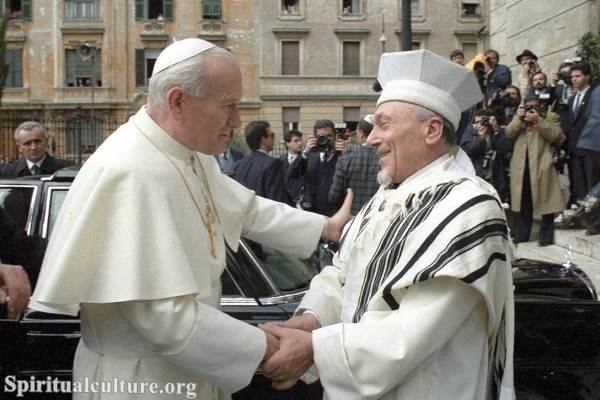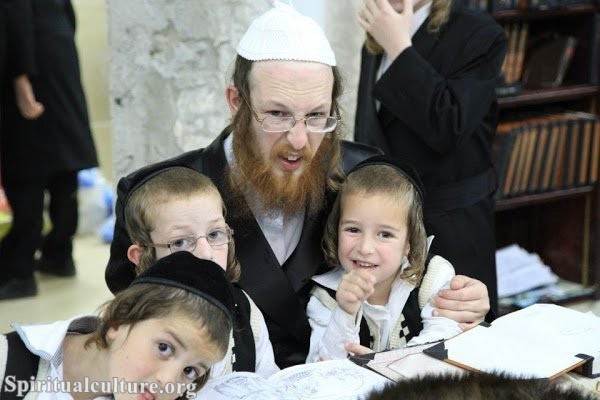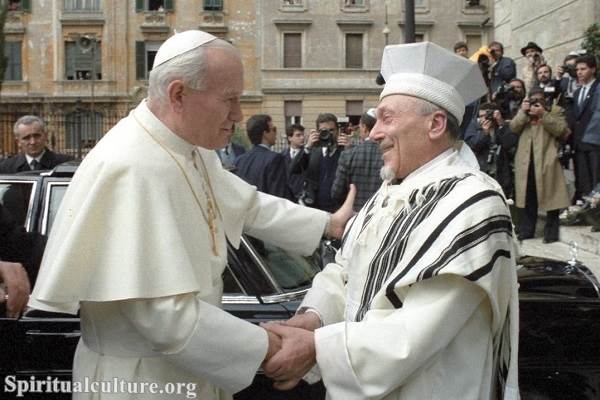In the heart of Jewish spirituality lies a concept both ancient and ever-relevant — Teshuvah. Often translated as “repentance,” this Hebrew word carries a far deeper resonance. It speaks not only of turning away from wrongdoing but of turning back — a return to truth, to wholeness, to the Divine.
As Spiritual Culture, we invite you to pause and reflect: Have you ever longed for a second chance — a way to rewrite not just your actions, but your soul’s direction? Teshuvah is that chance. It’s not a ritual of shame, but a sacred opportunity for transformation.
In this article, we will explore the profound meaning of Teshuvah in Judaism:
- Its spiritual depth and process
- How it connects with the High Holy Days, especially Yom Kippur
- Insights from Torah, Talmud, and Jewish mysticism
- And why Teshuvah remains one of the most hopeful, human, and healing truths in Jewish life
Understanding Teshuvah: More Than “Repentance”
What Teshuvah Literally Means
The Hebrew word “Teshuvah” (תשובה) comes from the root shuv, meaning “to return.” It is not about mere apology or punishment. It is about coming home — to one’s highest self, to community, and ultimately, to God.
In the words of the Prophet Hosea:
“Return, O Israel, to the Lord your God, for you have stumbled in your iniquity.” (Hosea 14:1)
Teshuvah is a return from spiritual alienation — a healing of the bond that sin, misdeeds, or forgetfulness may have strained.
A Journey of the Heart
True Teshuvah is not just a moment; it’s a process. It engages the heart, the mind, the soul — and takes place not only between a person and God, but between people. It invites deep introspection, regret, confession, and above all, change.
Rabbi Abraham Joshua Heschel once wrote:
“Repentance is the most beautiful act in the human drama… It means renewal, rebirth, and a return to authenticity.”
The Stages of Teshuvah: A Sacred Path
According to Maimonides: The Four Pillars
The 12th-century Jewish philosopher Rabbi Moses Maimonides (Rambam) outlined Teshuvah in clear steps in his Hilchot Teshuvah (Laws of Repentance):
1. Recognizing the Wrong
Acknowledging the misdeed, without excuse. This is the beginning of spiritual honesty.
2. Feeling Genuine Regret
Not shame in the toxic sense, but a heart-aware remorse that comes from knowing one has veered from their values.
3. Confessing Verbally (Vidui)
Speaking aloud the wrongdoing — usually before God in prayer. This gives clarity and accountability.
4. Resolving Never to Repeat
The true mark of Teshuvah is change. To stand in the same situation again — and choose differently.
A Fifth Step?
Some modern rabbis include a fifth: Making Amends — especially when the wrongdoing harmed another. This includes apology, restitution, and repair.
Teshuvah and the High Holy Days: Awakening the Soul
Elul, Rosh Hashanah, Yom Kippur
The Jewish calendar provides a sacred season for Teshuvah:
- Elul (the month before Rosh Hashanah) is a time for soul-accounting (cheshbon hanefesh), often accompanied by the sounding of the shofar.
- Rosh Hashanah, the Jewish New Year, calls for reflection and commitment to spiritual renewal.
- Yom Kippur, the Day of Atonement, is the culmination — a 25-hour fast dedicated to prayer, confession, and reconciliation.
The Vidui (Confessional Prayer)
One of the central prayers on Yom Kippur is the Vidui, in which the congregation recites a communal list of sins — from arrogance to violence — in the plural.
Why in plural? Because in Judaism, sin is never just personal — it wounds the whole fabric of the community. And healing requires everyone’s involvement.
Teshuvah in the Talmud and Mystical Thought
Talmudic Wisdom on Return
The rabbis of the Talmud saw Teshuvah not as an emergency exit, but as a divine gift. They marveled at its transformative power:
“Great is Teshuvah, for it brings healing to the world.” — Yoma 86a
One sage even said that when someone returns in Teshuvah, their intentional sins are transformed into merits, because they become the catalyst for spiritual awakening (Yoma 86b).
Kabbalistic Insights
In Kabbalah, Teshuvah is cosmic. According to the Zohar, returning to God is not just an individual act but part of restoring divine harmony between the sefirot (the ten emanations of God).
The mystics taught that even before the world was created, Teshuvah was created — as if to say: no matter how far we fall, the path back has always been here.
Personal Teshuvah: A Story of Return
Imagine a person who has lived estranged from their faith, their family, their own values — perhaps driven by anger, addiction, ambition. One day, they pause. Something in them aches. They begin to feel the loss — not just of peace, but of their own soul’s song.
They speak to someone. They begin to change. They say sorry. They reenter relationship. They begin again.
That’s Teshuvah. It’s not dramatic. It’s sacredly human. And in Judaism, it’s never too late.
Sin and the Human Condition
Not Original Sin — But Potential for Return
Unlike some theologies that focus on original sin, Judaism emphasizes original potential. People aren’t born damned — they’re born capable of falling and rising again.
The Hebrew Bible says:
“For there is no one righteous on earth who does good and never sins.” (Ecclesiastes 7:20)
Sin is real — but so is the ability to return. Teshuvah is not about perfection. It’s about re-orientation.
Teshuvah Between People: Repairing Relationships
The Heart of Interpersonal Ethics
Teshuvah isn’t only vertical (between you and God); it’s horizontal — between people. In Jewish law, God does not forgive interpersonal sins until the wronged person is asked for forgiveness.
This applies to:
- Gossip (Lashon Hara)
- Dishonesty
- Broken promises
- Neglect or betrayal
The Talmud teaches that one should ask sincerely, up to three times. But the one wronged is also called to forgive — if the request is genuine.
Why Teshuvah Still Matters Today
In a Culture of Blame and Defensiveness
In modern life, where public figures rarely admit fault and cancel culture looms large, Teshuvah feels revolutionary. It is about:
- Taking responsibility without being crushed by it
- Naming failure without losing one’s worth
- Believing in change — and helping others believe, too
It’s not just about “saying sorry” — it’s about the deep courage to transform.
Teshuvah for a Broken World
In an age of climate crisis, inequality, and war, Teshuvah becomes a social imperative. Jewish thinkers like Rabbi Jonathan Sacks taught that collective repentance is key to healing society:
“The world will not be destroyed by evil people, but by those who excuse, justify, or ignore evil.”
Teshuvah calls us not just to feel bad — but to wake up and do better.
Reflect and Reimagine
Teshuvah is one of Judaism’s most precious gifts to humanity. It tells us:
- You are never too far gone
- The past can be transformed
- God awaits your return — not with wrath, but with love
In a world hungry for grace, Teshuvah whispers: There is a way back. Always.
So wherever you are on your journey — whether burdened with guilt, longing for repair, or simply seeking a new beginning — remember this sacred truth:
The gates of return are open. Step through them. Come home.
— With reverence,
Spiritual Culture



